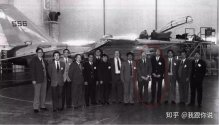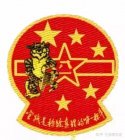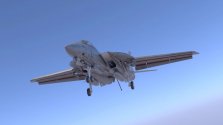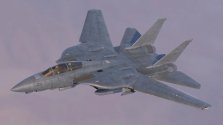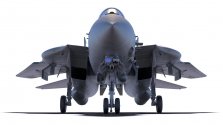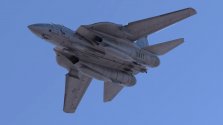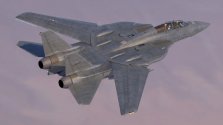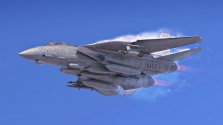US solid missile industry is a duopoly in effect. And Raytheon is probably going to end up screwed in the long term and end up as a historic food note. Lockheed Martin and Northrop Grumman hold all the cards since they absorbed both ATK and Aerojet respectively. Raytheon relies on those external suppliers to make the essential components like the rocket motor of what they produce. Most US solid fuel production is also basically highly centralized and ATK controls most of it. All the way from the fuel used in rifle ammo to solid rockets. The US industry is basically the worst of both worlds. Neither has the low overhead costs of a state military industrial complex, nor will have enough market competition to keep pushing the leading edge faster than a monopoly would.
Don't think it necessarily works that way. You could say GE and P&W are duopolies but they push the leading edge in their industry.

